
Patients with metastatic breast cancer who received an oral version of the chemotherapy drug experienced improved response rates and reductions in peripheral neuropathy compared to those who took the drug intravenously.

Patients with metastatic breast cancer who received an oral version of the chemotherapy drug experienced improved response rates and reductions in peripheral neuropathy compared to those who took the drug intravenously.

Patients with early-stage triple-negative breast cancer who did not have circulating tumor DNA in their blood experienced superior outcomes to chemotherapy followed by surgery.

Residual cancer burden can help physicians pinpoint accurate long-term predictions about the likelihood that a patient’s breast cancer will return.

Women who took estrogen alone as hormone therapy for their menopause experienced decreased rates of breast cancer and death from the disease even after they stopped taking the therapy, when compared to women who took estrogen with progestin.
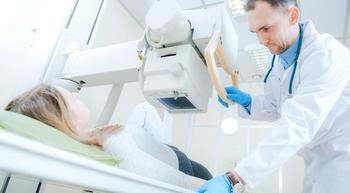
Survival and recurrence rates were similar among patients with breast cancer who either received accelerated partial breast irradiation or whole breast irradiation.
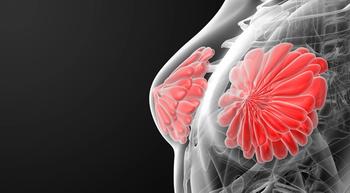
Women treated with Arimidex for five years were 50% less likely to have developed breast cancer recurrence compared with women given placebo at nearly 11 years follow-up after stopping treatment.
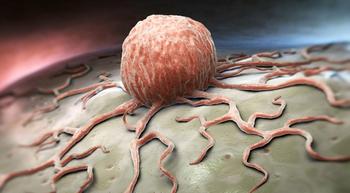
Adding Tecentriq to chemotherapy before surgery did not improve the rate of pathologic complete response in patients with advanced, early-stage triple-negative breast cancer.
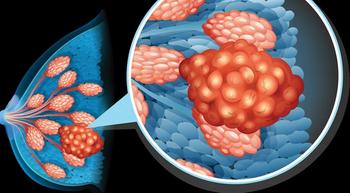
Nearly 65% of patients whose disease had spread to lymph nodes showed no signs of cancer following a regimen of Keytruda plus chemotherapy compared with those who received chemotherapy alone.
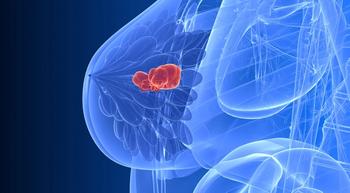
Results from a phase 3 trial showed significant increases in five-year invasive disease-free survival estimates among Japanese patients with hormone receptor-positive, HER2-negative breast cancer.
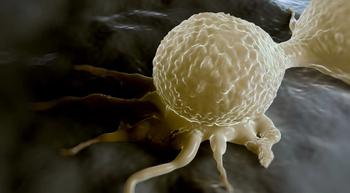
Researchers found that the addition of Perjeta to Herceptin plus chemotherapy reduced the relative risk for breast cancer recurrence or death in patients with operable HER2-positive early breast cancer, according to a six-year follow-up.

The HER2-targeted antibody-drug conjugate T-DXd achieved a response in 60.9% of patients, according to phase 2 study findings.

Patients aged 55 and over remained in remission after receiving CC-486, according to phase 3 study findings.

Results presented at ASH 2019 suggest the combination therapy is superior to chemoimmunotherapy.

New research suggests men with infertility could face a 30% to 60% higher risk of prostate cancer.

A new study suggests the common pill could help prevent deaths from cancer, but it’s not without it's share of side effects.

A new wave of psychedelic research is changing the way patients with cancer live and die.

Palliative care can make a huge difference for patients with cancer. Find out if it’s right for you.
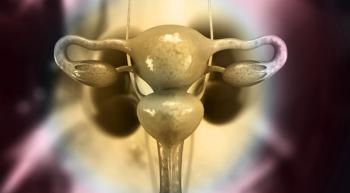
A new study suggests distributing self-testing kits by mail helps bring effective testing to underserved populations and makes it easier for women to get tested on their own time.

Results from a new study suggest there may be a simpler, cheaper, more accessible way to screen for cervical pre-cancer.

In this episode of the “CURE Talks Cancer” podcast, we spoke with Kassandra Alcaraz, PhD, MPH, about a new phenomenon that's gaining traction across the healthcare universe called the social determinants of health.

In this episode of the “CURE Talks Cancer” podcast, we spoke with Donald Sullivan, MD, MA, MCR, associate professor of medicine at Oregon Health and Science University and the VA Portland healthcare system, about his research into palliative care and prolonged survival in patients with cancer.

How the high cost of cancer leaves many choosing between physical, financial and emotional health.

In this episode of the “Cure Talks Cancer” podcast, we spoke with Joan DelFattore about how she overcame the physician bias she encountered during her cancer treatment.

In this week’s episode of the “CURE Talks Cancer” podcast, we spoke with Dr. Benjamin Breyer about a phenomenon that’s raising big questions, big concerns and big money across the cancer landscape: crowdfunding.

Published: September 19th 2019 | Updated:

Published: September 26th 2019 | Updated:

Published: October 5th 2019 | Updated:

Published: October 31st 2019 | Updated:

Published: November 13th 2019 | Updated:

Published: November 7th 2019 | Updated: